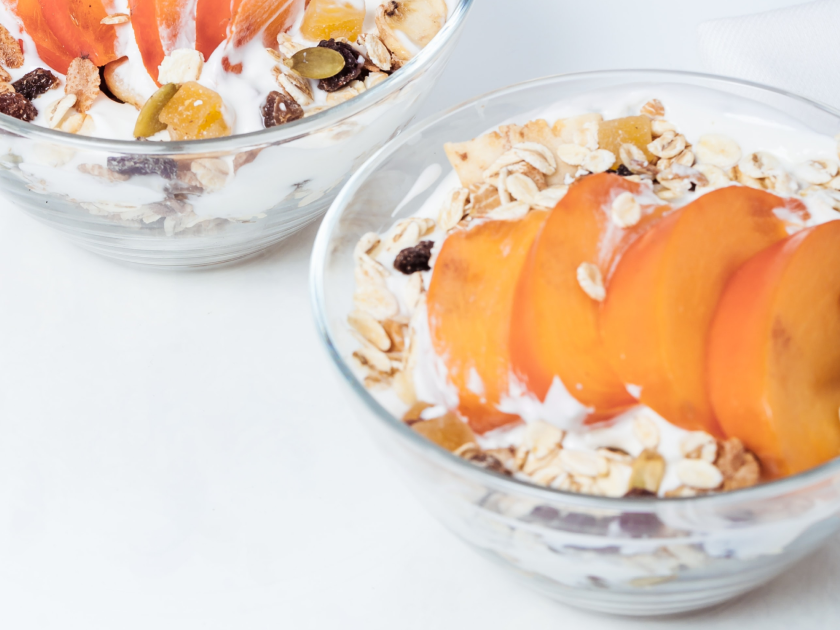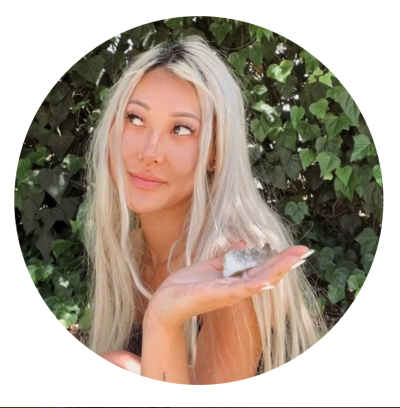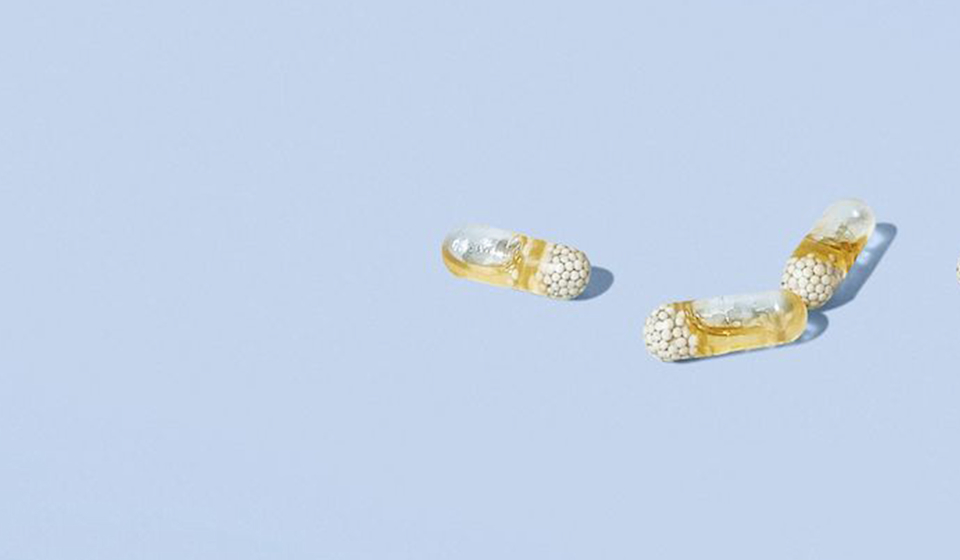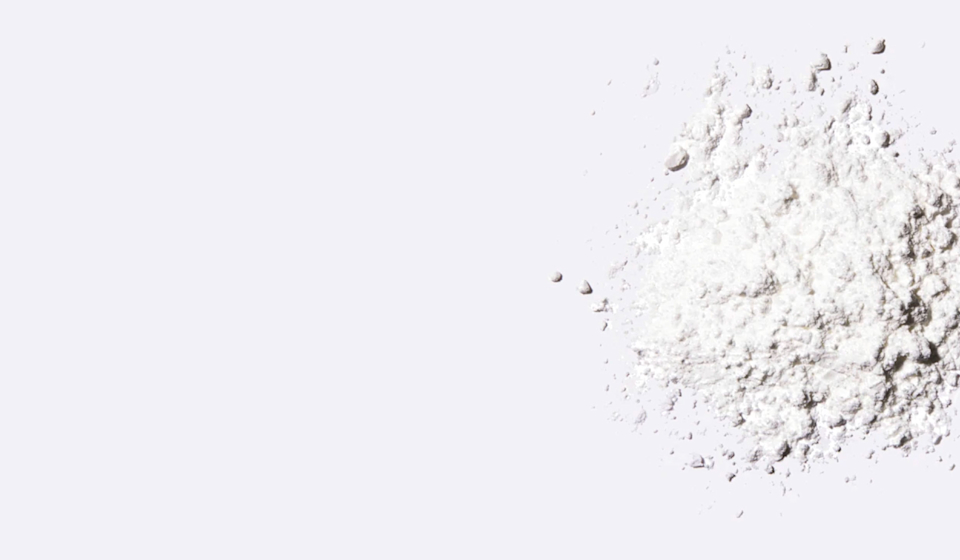Essential Takeaways
- Zinc is a nutrient that supports bone health, vision health, and normal immune function.*
- We cover key things to know, from dietary sources to intake recommendations—and whether supplementation is necessary.
Zinc is a trace mineral that plays a vital role in the body, from supporting bone and vision health to normal immune function. Despite the importance of this essential mineral, however, many people are unclear on why getting enough zinc matters—and how they can go about upping their dietary intake. In this piece, we cover some key things to know, including the recommended amount of zinc, different food sources (including picks that work for vegetarian diets), and where zinc supplementation fits into it all.*
Does zinc have health-supporting benefits?
In short, absolutely. Although it’s generally known for its impact on supporting the immune system (similar to vitamin C), adequate zinc intake actually serves the body in more ways than one—so ignoring zinc needs isn’t the best approach to nutrition. Additionally, zinc is considered a “vitamin A-helper” nutrient since it supports vitamin A metabolism.*













